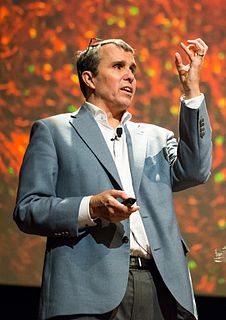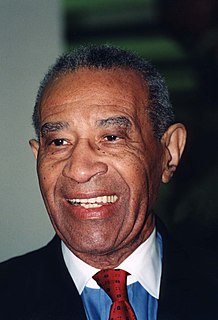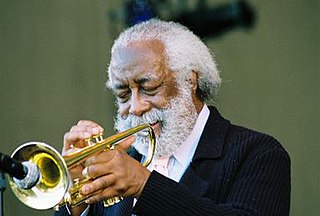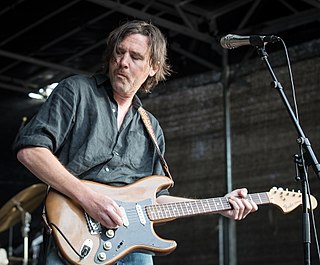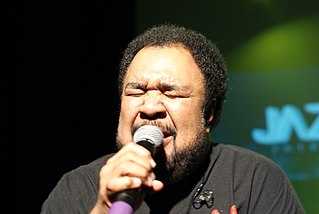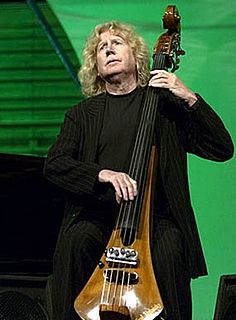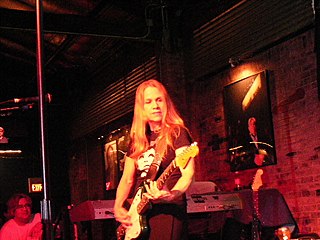A Quote by Michael Hersch
My interactions with musicians have been simply that: interactions with musicians. Issues of gender, or anything else beyond the music-making, have in my experience played no role in whether or not a musician has been able to articulate my intentions as a composer.
Related Quotes
I'd rather call it "instrumental creative music," especially the music that I've been doing. If a person would hear that music, they would undoubtedly call it "jazz." There is this whole generation of musicians that are playing and thinking critically for themselves and making music that's relevant to today. I hope that's the objective of a lot of musicians.
I will never again play anything that does not have social significance. We American jazz musicians of African descent have proved beyond all doubt that we are master musicians of our instruments. Now what we have to do is employ our skill to tell the dramatic story of our people and what we've been through.
Being a classical musician I'm fascinated with how my colleagues, not just singers, but every musician finds ways to express something else or something new or the same ol', same ol' in classical music. I'm always in dialogue with other musicians at least orally, if I can't be with them and a lot of dead musicians as well. I've learned a lot from dead people on recordings.
For instance, members of the elite will never allow their children to become musicians normally, because it's - not embarrassing - but it's not done. There's a very famous composer from the '70s from a well-known family that disowned him, and he's a man, so there's this historical precedence with their relationships with musicians - not so much music as it's this abstract thing - but externally with artists.




